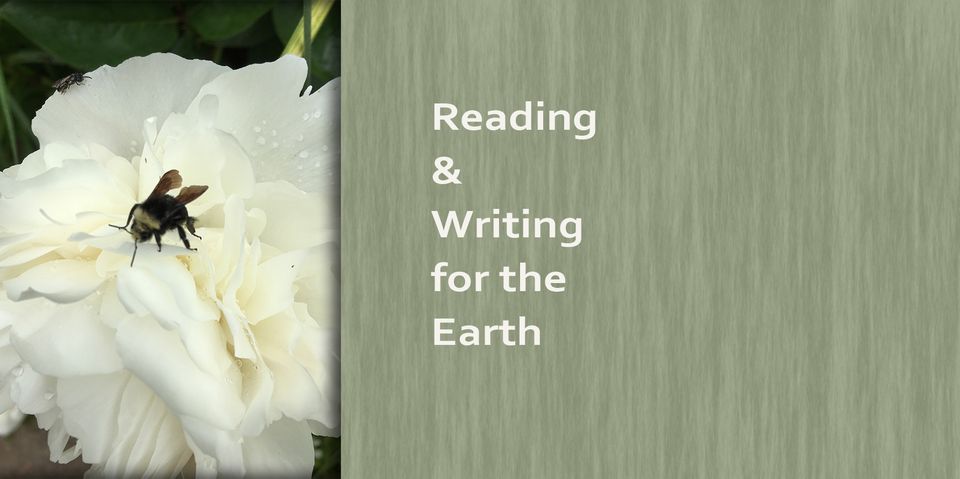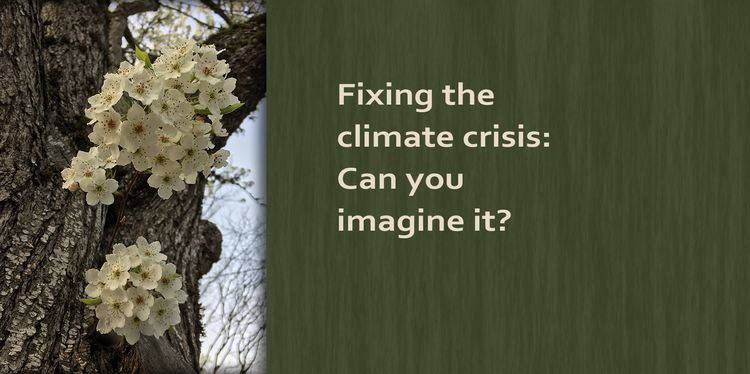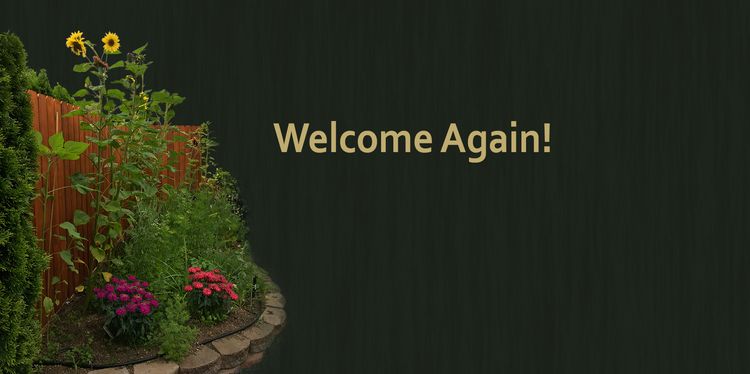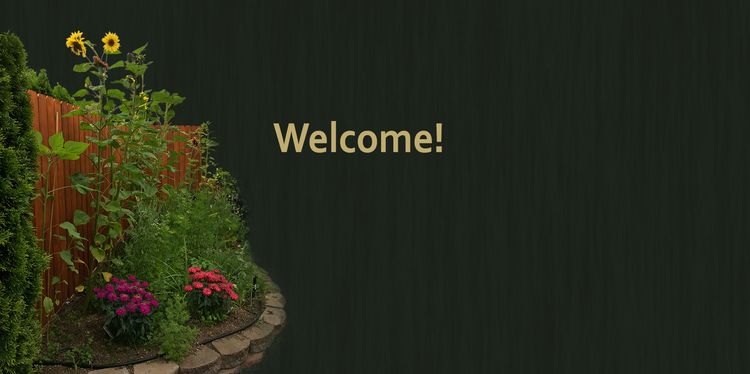Reading & Writing for the Earth

When I wrote the phrase “writing for the Earth” for an earlier post, it resonated through me. A little charge bounced around my core, quietly, but with enthusiasm. I thought: Yes, that’s my job now—Writer for the Earth. It clicked.
Maybe it resonates with you, too. You could add a new job description to your resume: Writing for the Earth. What higher calling could you have than writing to save this lovely planet that is our home?
But what if you’re not a writer? Well, how does Reading for the Earth hit you—buying, reading, sharing climate fiction that will help save our planet? This is just as vital because, without the support of readers, the stories will never take hold.
We consume stories constantly in our lives. We think they are only entertainment, a way to escape the grind of daily life, but they are more than that. Lisa Cron, in her book Story Genius, says:
We don’t turn to story to escape reality. We turn to story to navigate reality.
She goes on to answer the question of what a story offers us:
We don’t come for beautiful language, poetic writing, or even dramatic plot points. We come for something much deeper, much more meaningful: inside info on how to survive in this glorious, cruel, beautiful world, and in style no less.
Stories give us insights on how people think, act, and manage the challenges of living, and the power of story is ancient. Our tales have been guiding us since humans developed language. Since then, our brains have evolved to be drawn into the arc of a story. According to Cron, a good story triggers the dopamine receptors in the brain to keep us entranced so we pay attention to it and learn from it. She says:
It's your brain's way of rewarding you for following your curiosity to find out how the story ends, because you just might learn something that you need to know.
I could probably write twenty posts on amazing things Lisa Cron says in her book. And I probably will. For now, just know that whether you are Reading for the Earth or Writing for the Earth, by helping to create and support great climate fiction, you will be doing something fundamental to impact human behavior, people's choices, and the outcomes that we need to get us through the climate crisis.
So, maybe it’s time to set new priorities for the stories you spend your time with. Here’s a video to chew on about the stories you consume:



Member discussion